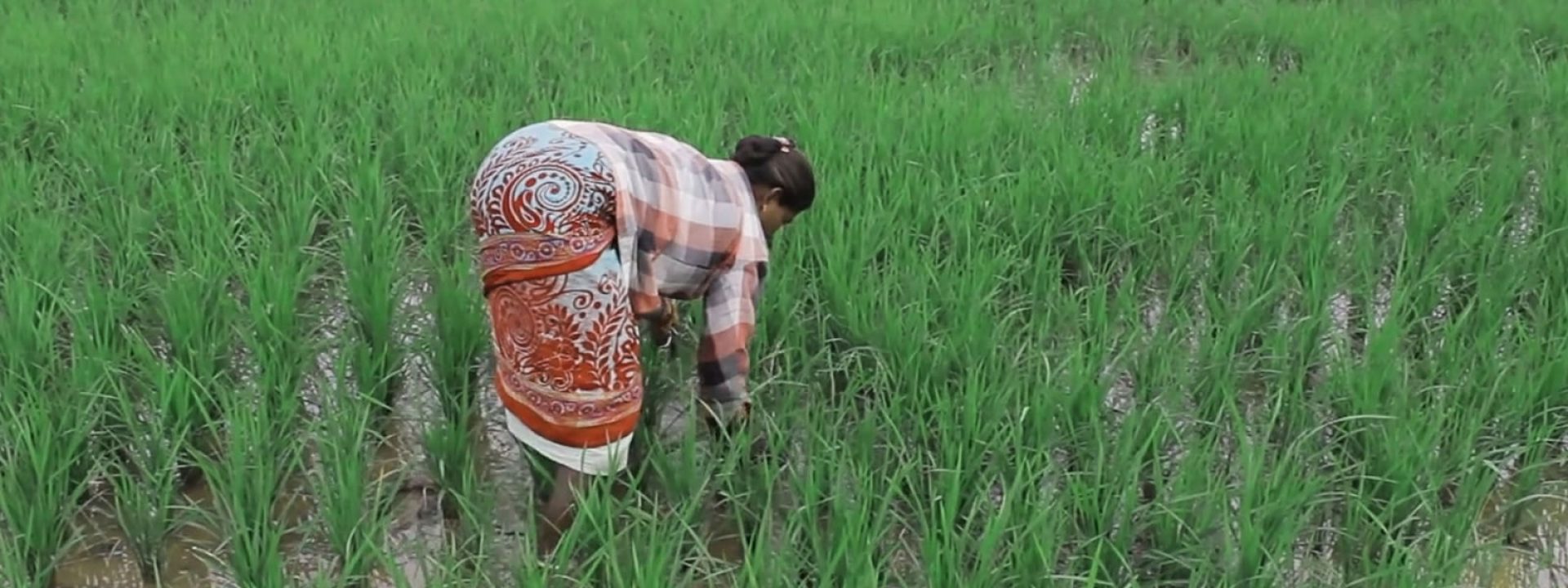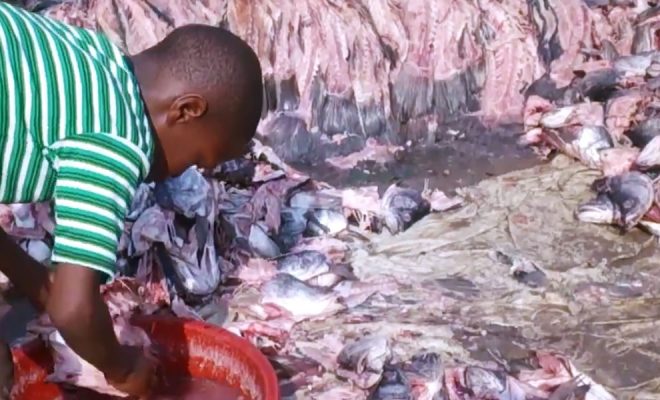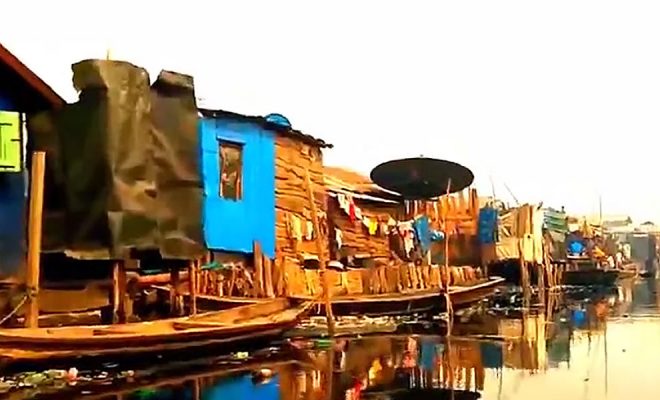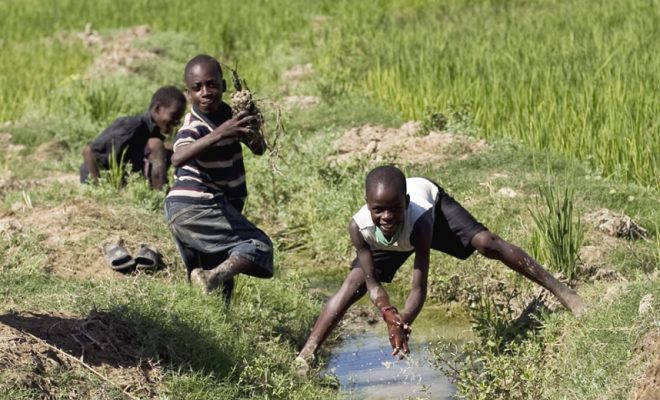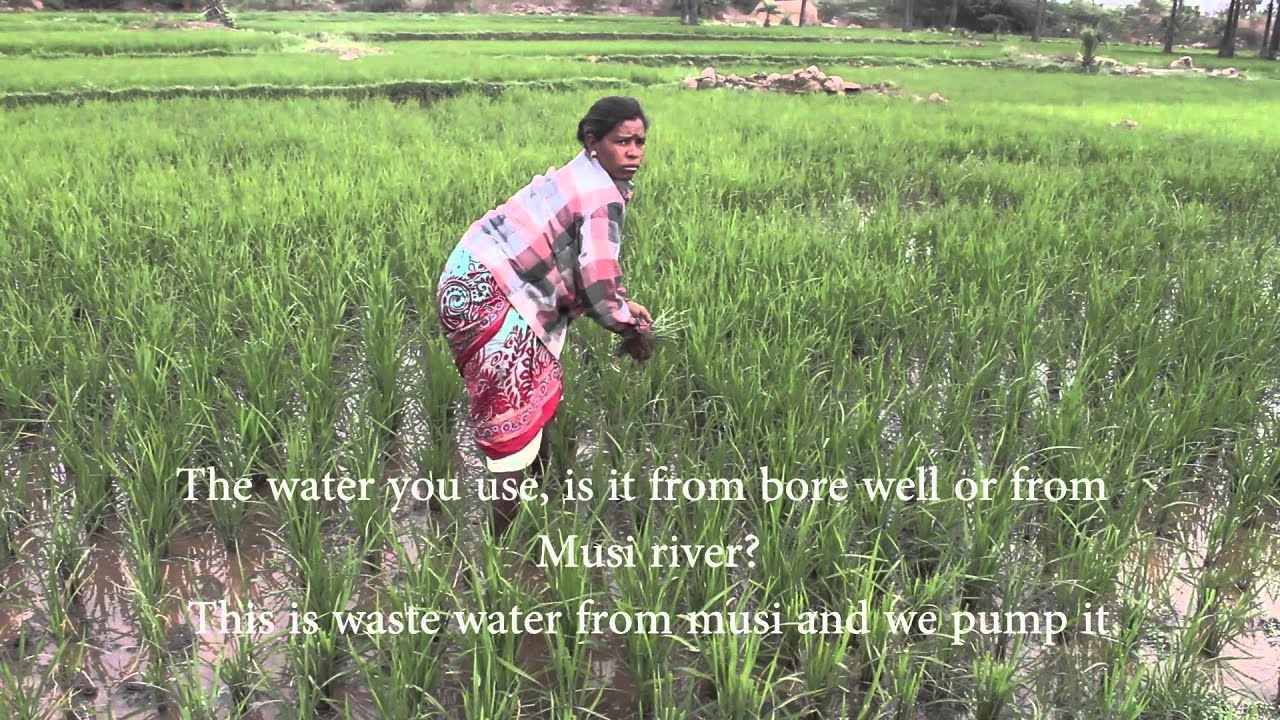
Necessity Triumphs by JD (India), finalist of the We Art Water Film Festival 3. Micro documentary category.
The city of Hyderabad in India, located on the banks of the Musi River, is the center of a metropolitan area with 7,500,000 inhabitants, thus becoming the 5th urban agglomeration in India. The basin of the Musi River receives 654 million liters of waste water every day, a fact that makes it one of most polluted rivers worldwide.
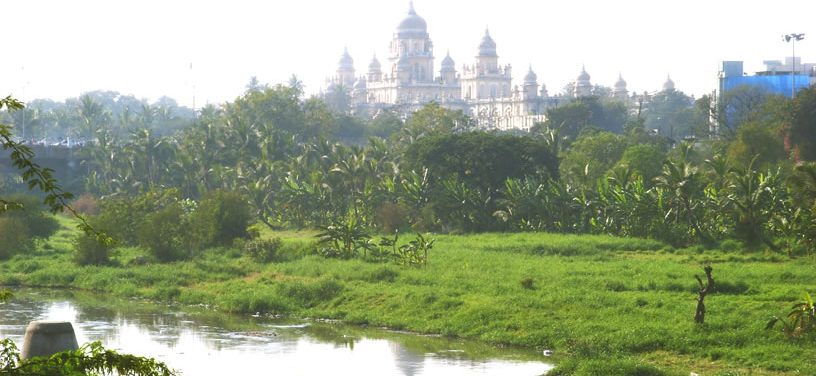
Musi River. Hyderabad. © fraboo
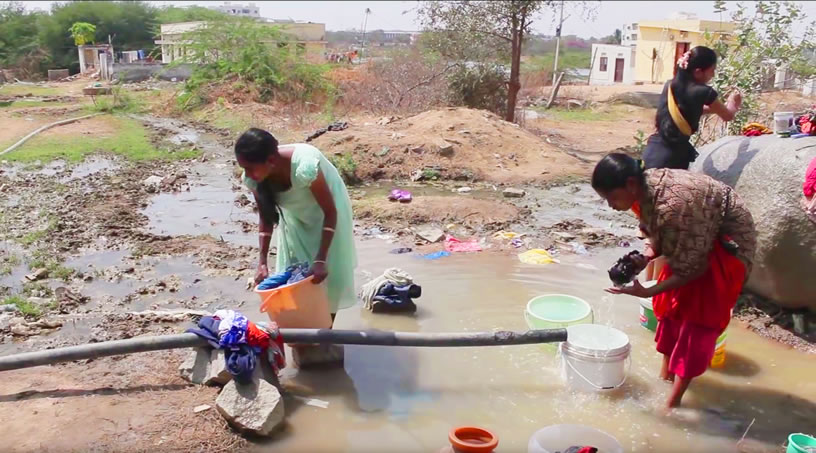
According to a study by the Osmania University, in Andhra Pradesh, India, the polluted water of the Musi River is the main cause of the incidence of arthritis, diarrhea, jaundice, skin allergies, stomach pain, malaria, food poisoning, eye diseases and all kinds of pediatric problems in the area. Pollution has directly affected agriculture, stockbreeding and fishing, creating high-risk conditions in the food intake.
This same study shows the decrease in purchasing power experienced by these inhabitants as they need to buy water to drink, and how pollution has degraded the economic life destroying most of the trades such as the dyeing and washing of fabrics, pottery or those derived from fishing, which is now almost non-existent. The water treatment plants only solve part of the problem, as shown in the short film, and the study concludes by alerting to the need of urgent measures for the medical care of the affected population, the treatment of waste water and the regeneration of agricultural soil.
Krishna, the student who tells the story in the short film, is sarcastic about his misfortune, taking a humorous look at his shocking fight for survival. “For the city this is waste water, for us it is our salvation… Someone could say that waste water is not good… some say it is polluted and that we will catch skin diseases. But for us, this waste water is our life, we have no complaint and we are happy.”
Necessity Triumphs, the necessity triumphs, yes, but at an unacceptable cost. Like the riverside dwellers of the Musi River, in India and in many parts of the world, millions of people need sanitation to reach the integral water cycle. It is their only alternative to lead a dignified life.


